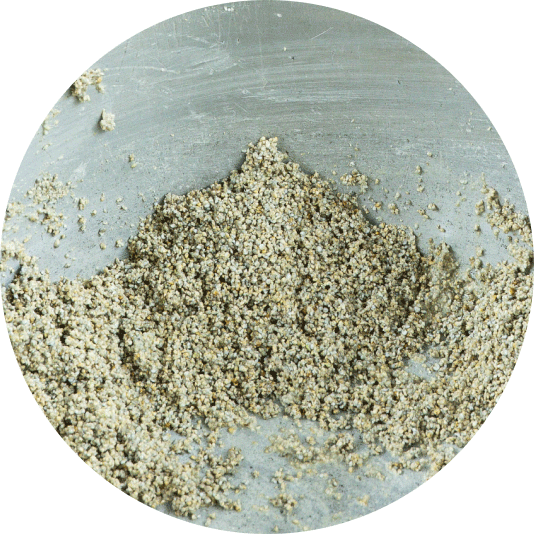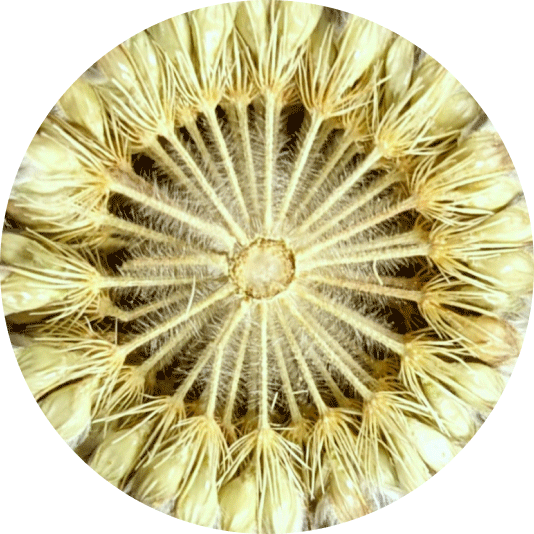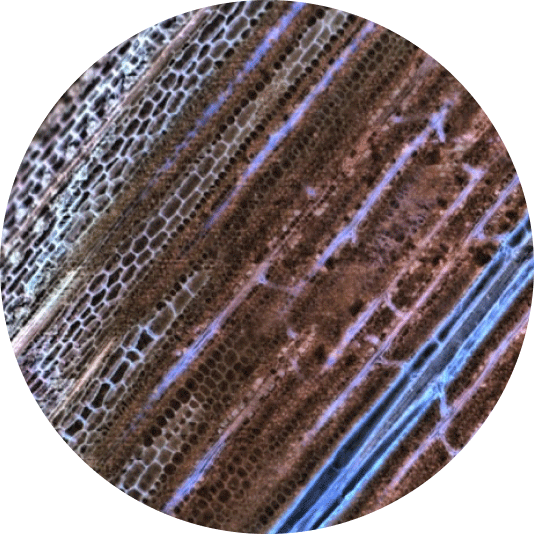From grain to strain—SlimBiotics ® is born in the pearl-millet gourds of Kenya’s Mbeere people, where centuries-old Kimere fermentations cultivate powerful Lactobacilli. We’ve distilled that ancient wisdom into the world’s first plant-based pro & postbiotic blend, engineered to transform modern metabolic health.
Origin
PEARL MILLET PROBIOTICS
01

Ancient Strains
The extraordinary traditional porridge from which SlimBiotics originates is called Kimere, a spontaneously fermented pearl millet dough commonly consumed among the Mbeere community of Kenya. Kimere is fermented for 18-24 hours and then consumed in its active cultured state. Typical households and villages in the region have a time-honored fermentation vessel, a specific type of hollowed-out gourd, which they use daily and perpetually, to contain and ferment Kimere.
02

Kimere
The probiotic strains produced in the active cereal state were discovered by medical researchers investigating the role of the intestinal microbiota on various human health concerns, including impaired glucose metabolism and insulin resistance. Scientists visited eleven Mbeere villages and took samples from numerous fermentation gourds. Forty-seven (47) distinct strains were identified, all from the L. fermentum species, with the exception of a single L. plantarum species isolated from each vessel.
From this collection, our researchers identified numerous potentially bioactive strains, and after further pre-clinical research, three (3) strains were selected to become the SlimBiotics formulation.
03

Our Strains
L. fermentum K7-Lb1
L. fermentum K8-Lb1
L. fermentum K11-Lb3

